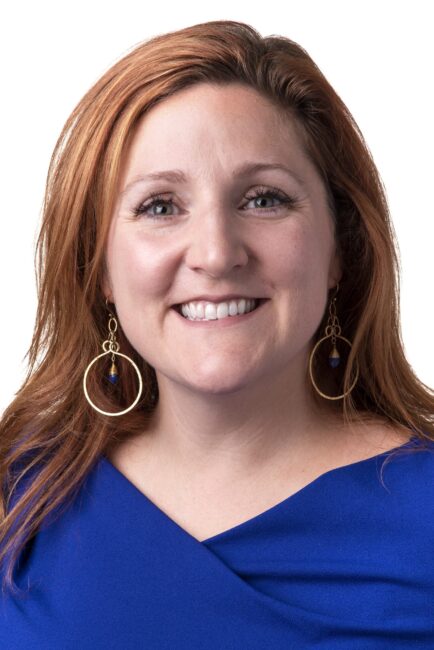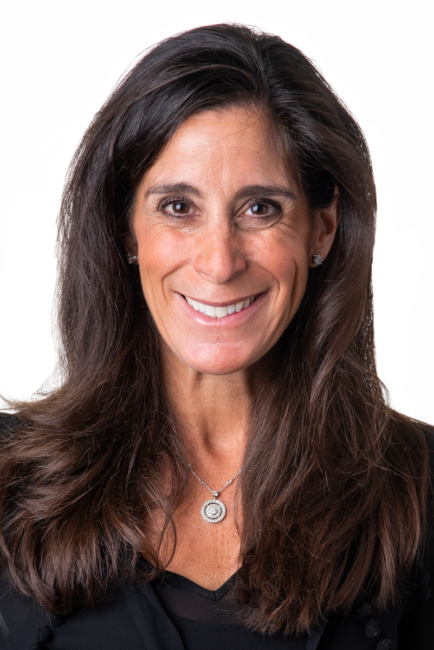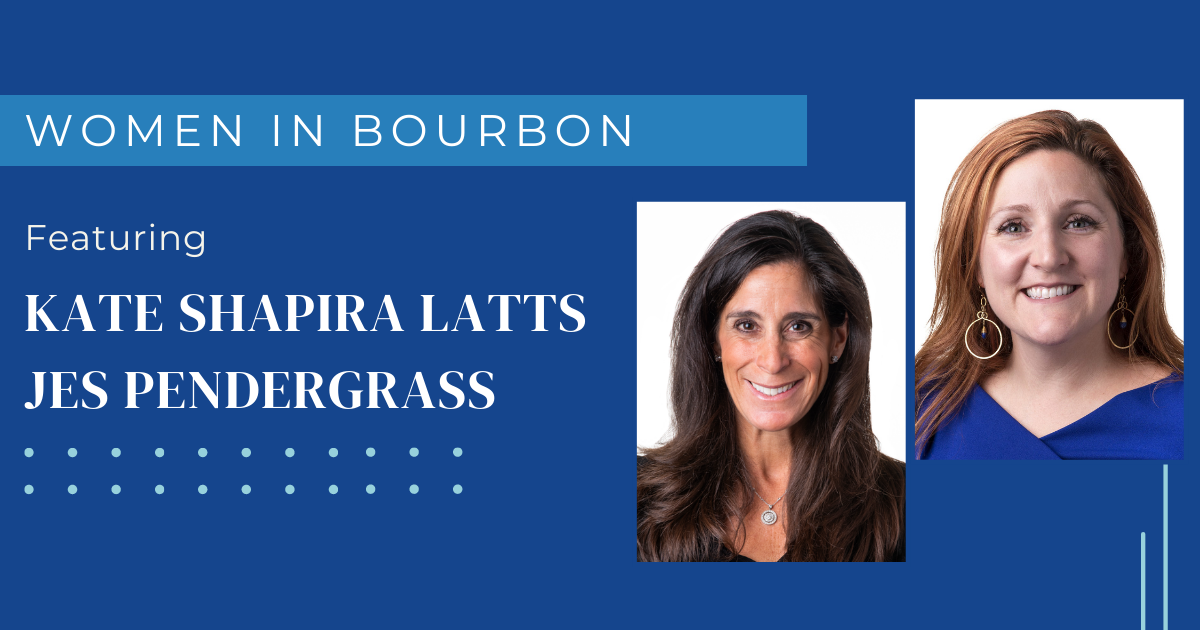Heaven Hill Chief Marketing Officer Kate Shapira Latts and General Counsel and Chief Compliance Officer Jes Pendergrass are part of a new Women in Bourbon Oral History Project.
Launched in Spring 2021 by Dr. Janice Fernheimer, James B. Beam Institute for Kentucky Spirits Faculty Fellow at University of Kentucky, the project aims to fill gaps in scholarly and popular attention to the women who play key roles in Kentucky’s $8.6 billion Bourbon industry. It was established in partnership with the University of Kentucky Louie B. Nunn Center for Oral History, the James B. Beam Institute for Kentucky Spirits, and advanced students in the course, Bourbon Oral History.

Dr. Fernheimer said Jes emerged on several lists, as Dr. Fernheimer was reaching out to the Kentucky Distillers’ Association and other industry insider contacts for recommendations of women who would be important interviews for the project.
“As the first female in-house General Legal Counsel at Heaven Hill and as the founder and co-chair of the KDA Advisory Panel on Diversity, Equity and Inclusion, she [Jes] was just the kind of person we hoped to include,” Fernheimer said.
The team likewise selected Kate for her executive leadership of Heaven Hill and extensive work to support and empower women in the distilled spirits industry. In her interview, Kate discusses her time at Duke University and the trajectory of her career in the distilled spirits industry – from her work in Washington, D.C., and Procter & Gamble, to Heaven Hill.
Kate discusses work culture, work-life balance, her projects and responsibilities at Heaven Hill and the future of the industry.

The student who interviewed Jes, UK history major Qwenton Briggs, now works as a Legal Intern at Heaven Hill. Dr. Fernheimer described him as a natural fit to interview Jes, given his interest in the law and public engagement.
“Women have been a key part of Bourbon history, and they have mostly gone unrecognized,” said Qwenton. “The stereotype is that the Bourbon industry is a man’s industry and that Bourbon is a man’s drink, but women have been leading figures within the industry from the beginning.”
Dr. Fernheimer added, “Historically, the industry has been dominated by mostly white men. Focusing specifically on the now growing population of women involved in the industry from entry to executive levels highlights both the challenges they’ve faced to enter and the significant contributions, innovations, and changes they’ve made since arriving.”
As the Women in Bourbon Oral History Project continues to develop and grow, Dr. Fernheimer says she hopes people will understand just how important it is to have a broad range of people working in the industry at all levels, especially women and other minorities.
“Each person brings his/her/their unique perspective with them and helps to strengthen and diversify the overall concept of Bourbon culture as a consequence,” she said. “By shining a light on women and other minorities’ contributions, we can also help counter the erasure of their significant historical contributions to the industry, especially the innovations of free and enslaved Black Americans, and prevent such erasure from happening again. The more inclusive the industry becomes, the stronger its appeal will remain.”

